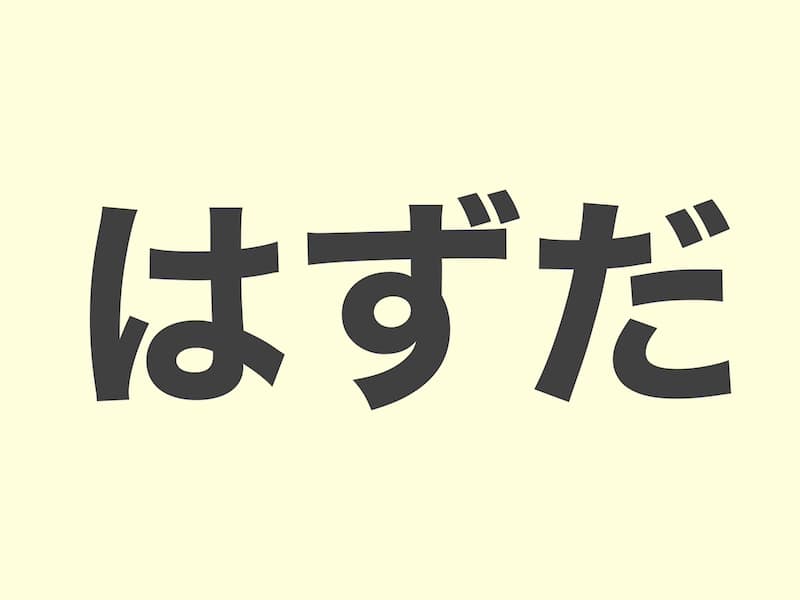説明 (Explanation)
文法(Grammar):普通形+はずだ
意味 (Meaning):「はずだ」は、期待や予想に基づいて物事が当然あるべき状況だと思われることを表します。予想通りの結果や状況を示すときに使います。
英語(English):”はずだ” implies something is expected to happen or be a certain way based on logical reasoning, anticipation, or prior information. It often translates to “supposed to” or “should” in English, indicating an anticipated or expected outcome.
JLPT Textbook Recommendations
例文 (Examples)
- 彼はもう家に帰っているはずだ。
- 彼女は今日会議に出席するはずだったが、体調が悪いそうだ。
- 荷物は今日来るはずだったが、まだ届いていない。
- とても有名だし、ここの料理は美味しいはずだ。
- この小説は有名なはずですが、まだ読んだことがありません。
- 彼の家はこの辺りのはずだが、見つからない。
ひらなが (Hiragana)
- かれはもういえにかえっているはずだ。
- かのじょはきょうかいぎにしゅっせきするはずだったが、たいちょうがわるいそうだ。
- にもつはきょうくるはずだったが、まだとどいていない。
- とてもゆうめいだし、ここのりょうりはおいしいはずだ。
- このしょうせつはゆうめいなはずですが、まだよんだことがありません。
- かれのいえはこのあたりのはずだが、みつからない。
英語翻訳 (English Translation)
- He should already be home.
- She was supposed to attend the meeting today, but seems to be unwell.
- The package was supposed to arrive today, but it hasn’t arrived yet.
- It’s very famous, and the food here is supposed to be delicious.
- This novel is supposed to be famous, but I haven’t read it yet.
- His house should be around here, but I can’t find it.





コメント